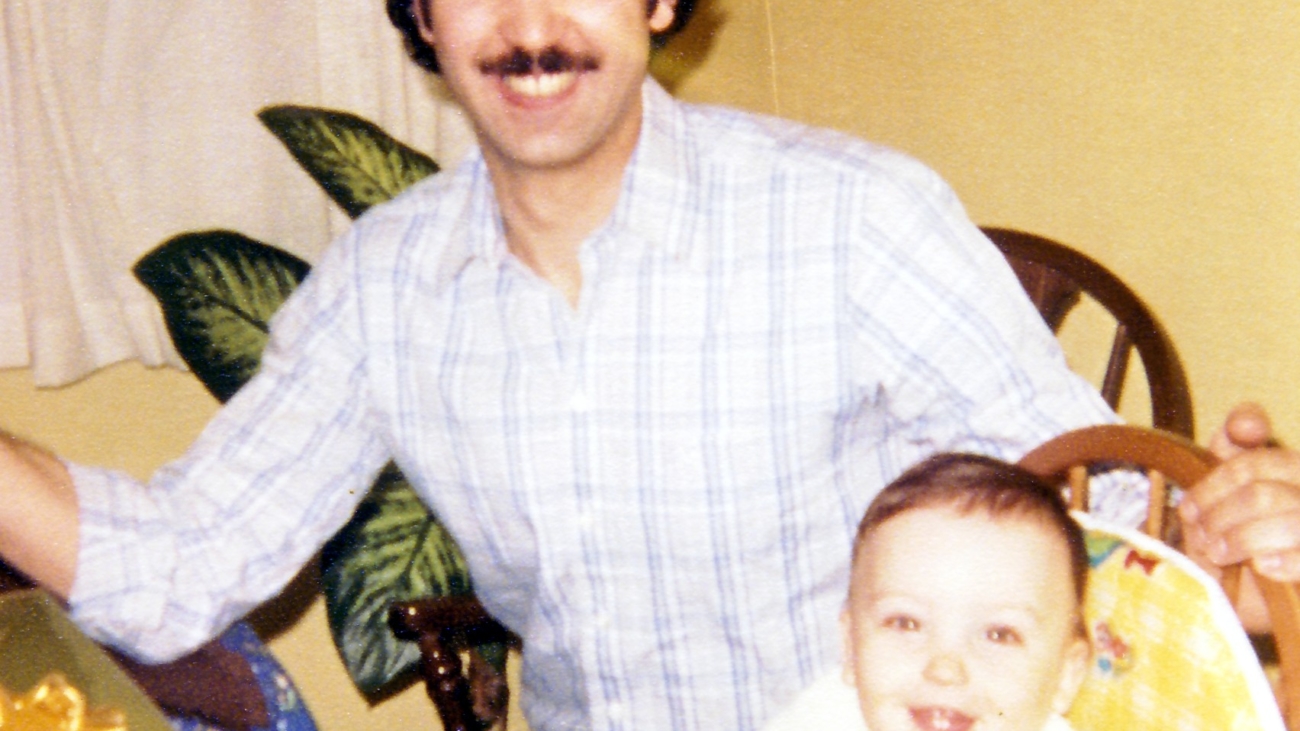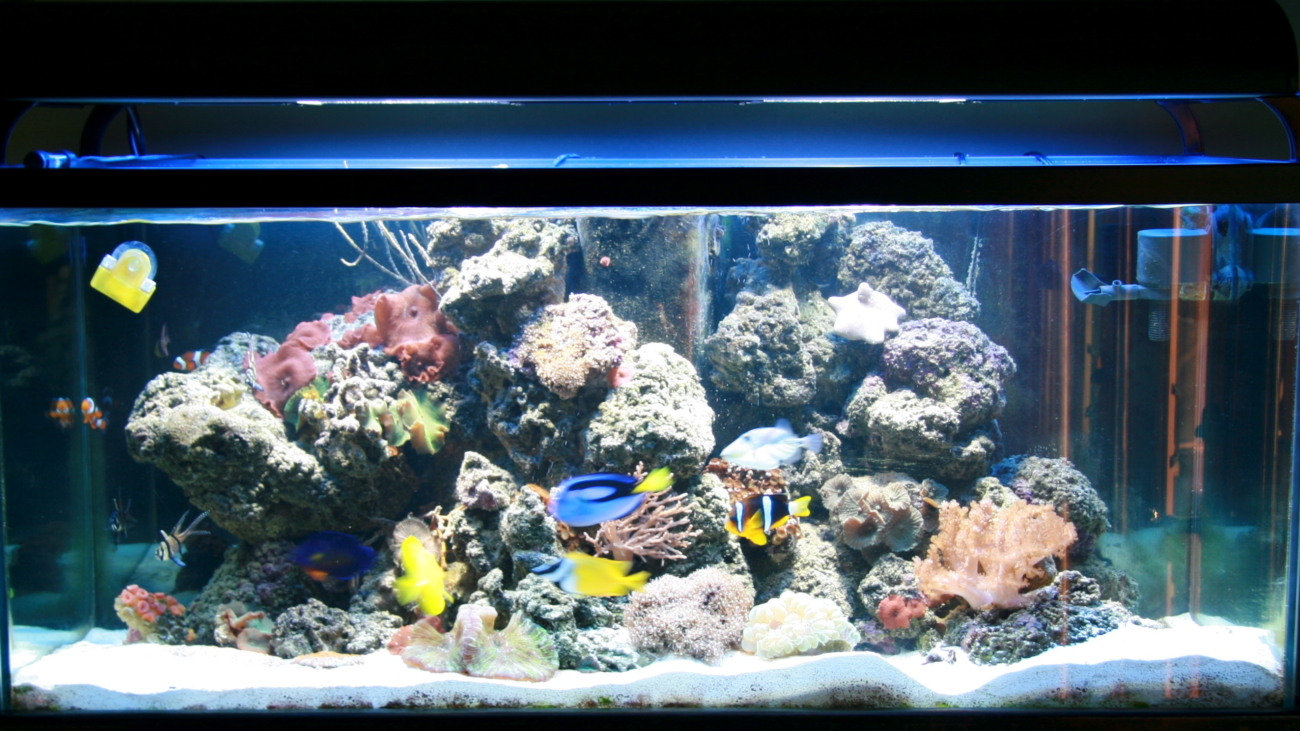For those of you who have read my blog posts, you know I’m a huge fan of golf. I went to college on a golf scholarship and played professionally for almost 7 years. But the truth is, golf has never been my favorite sport. That title goes to the game of basketball.
I love basketball, and played it competitively through my junior year of college (until my golf coach threatened to take away my scholarship if I kept going). I played in a weekly competitive game after college all the way up until my early 40s, when I quit because of a fear of injury (old age and a torn achilles don’t work well together). Now that I no longer get my basketball fix from playing, I’ve turned to coaching my kids to fill that niche.
This is my 4th year in a row coaching youth basketball, and I really enjoy it. This year I’m coaching not only my 10 year son’s team, but my 7 year old daughter’s team as well. It’s a lot of practices and games in an 8 week period, but it’s worth it.
When I was a kid, my dad coached my teams for years (the image in this post is my dad and I, a little before my basketball career began). I was a point guard my entire career, and I loved talking about the game of basketball with my dad. Still do. He knows the game, and he recognized my talent and drive to succeed. As a result, he gave me the proverbial keys to run the team as the floor general. I brought the ball up the court, initiated the offense, and either passed to open teammates or scored myself. The ball was always in my hands, and I got to share all of those experiences with my dad. It was a blast, and I wanted my children to have those same experiences that I had growing up.
Fortunately, both of my kids are pretty athletic. They both have good hand-eye coordination, both can run and jump, and they’re both receptive to having their dad coach their teams. I really enjoy teaching the subtleties of the game to the kids, and watching them grow and improve as the season progresses. It doesn’t hurt that (as of this publication) my son’s team is 5-0 and in first place in the league standings! But even if we weren’t having that kind of season, it would still be a lot of fun.
If you have a passion for a sport and you have children, I implore you to volunteer to coach their team. I promise, you will get so much satisfaction out of watching them grow and improve. And years from now, you will look back and smile at all the wonderful memories you made, knowing how much time and effort you put into your child’s development. It really is the best way to spend time with your kids.









